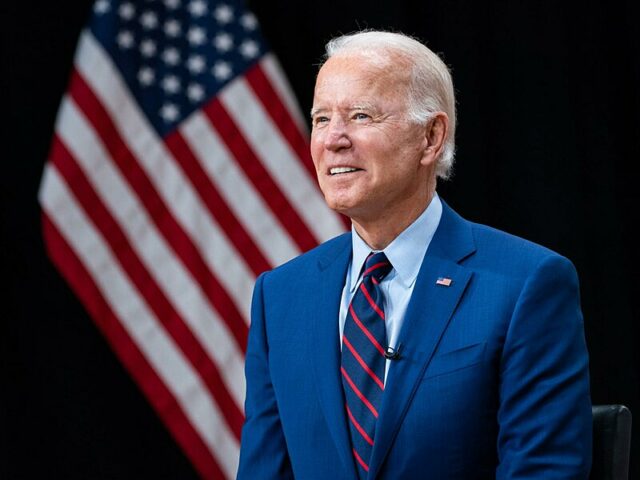US President Joe Biden on Monday unveiled a $7.3 trillion budget proposal for fiscal 2025, outlining his second-term vision to provide more services, middle-class tax breaks, and price controls, as reported by various sources.
The plan marks Biden’s initial step in his re-election campaign against former President Donald Trump, expanding upon themes articulated in his recent State of the Union address. However, the budget faces significant hurdles in a divided Congress, with limited prospects for comprehensive approval.
Among the key features of Biden’s proposal are initiatives such as monthly tax credits for homeowners, subsidies for child care, and measures to lower prescription drug prices. These would be funded through revisions to the tax code, including increased taxes on corporations and the wealthy. The plan also introduces a minimum tax rate for billionaires and larger companies, alongside adjustments to capital gains taxation and the elimination of tax incentives for the oil and gas industry.
In terms of spending, Biden’s proposal allocates $1.671 trillion for discretionary spending, with significant portions dedicated to defence-related programs and domestic initiatives. The budget also includes provisions to strengthen the Justice Department’s antitrust efforts and addresses climate change through funding for rural electric providers and developing countries.
Republicans have voiced criticism of the budget’s deficit and debt projections, expressing concerns about increased government spending and its long-term implications. Biden’s plan foresees a reduction in the deficit next year but envisions significant increases in US debt over the next decade. While the proposal adheres to discretionary spending caps agreed upon with Congress, it does not provide details on extending Trump’s tax cuts beyond 2025.
Moreover, Biden’s budget prioritizes initiatives such as expanding the government’s authority to negotiate prescription drug prices, promoting women’s health, combating opioid abuse, and investing in affordable housing and education. These proposals, part of Biden’s “unity agenda,” aim to garner bipartisan support, though their feasibility remains uncertain given the current political landscape.
Also See:
In a career spanning three decades and counting, Ramananda (Ram to his friends) has been the foreign editor of The Telegraph, Outlook Magazine and the New Indian Express. He helped set up rediff.com’s editorial operations in San Jose and New York, helmed sify.com, and was the founder editor of India.com.
His work has featured in national and international publications like the Al Jazeera Centre for Studies, Global Times and Ashahi Shimbun. But his one constant over all these years, he says, has been the attempt to understand rising India’s place in the world.
He can rustle up a mean salad, his oil-less pepper chicken is to die for, and all it takes is some beer and rhythm and blues to rock his soul.
Talk to him about foreign and strategic affairs, media, South Asia, China, and of course India.





